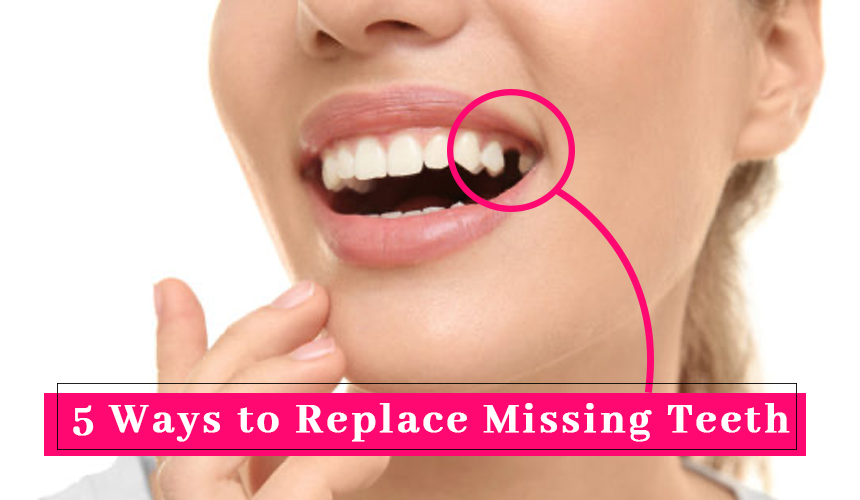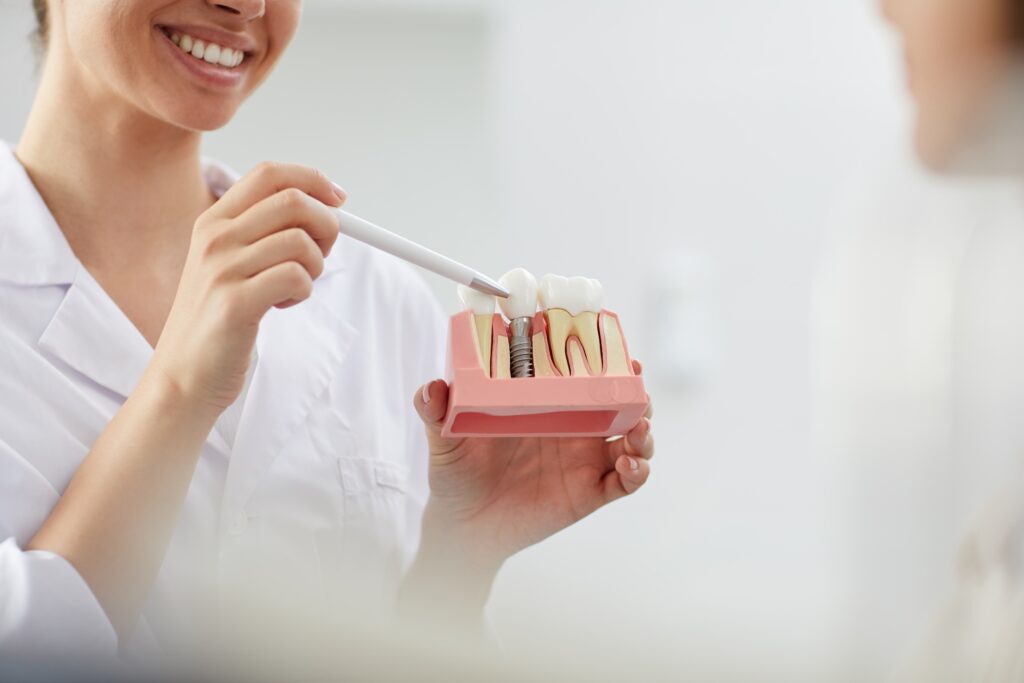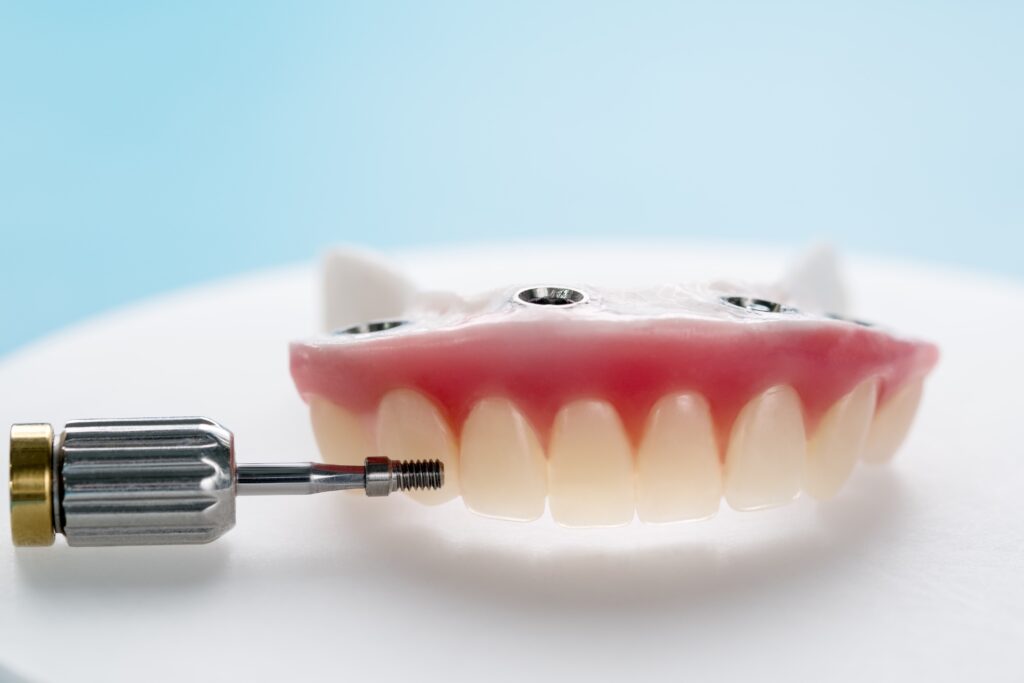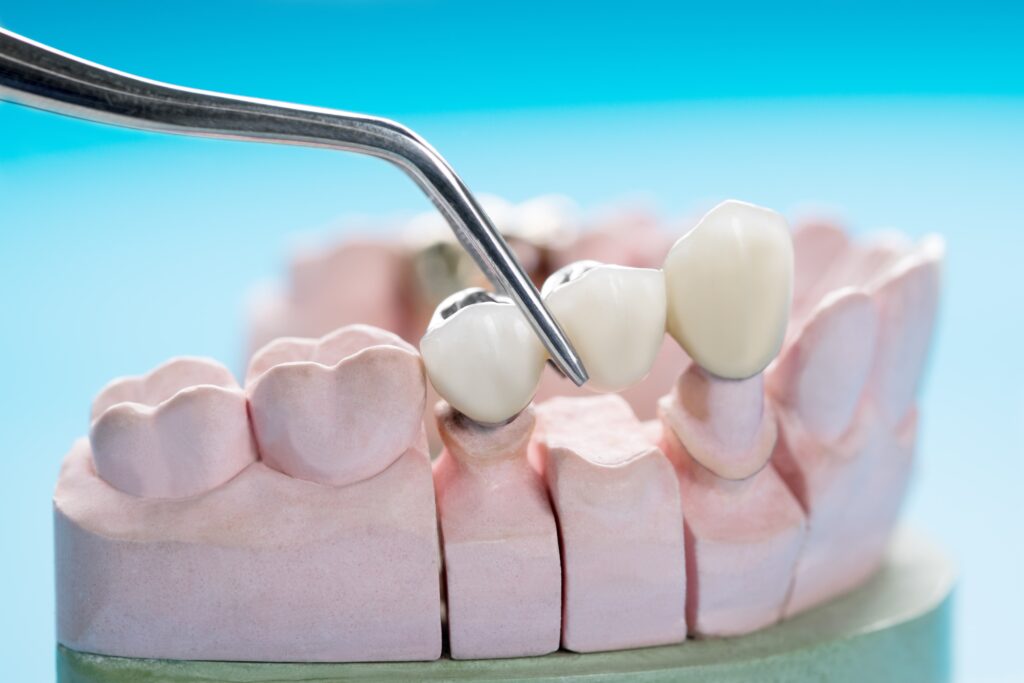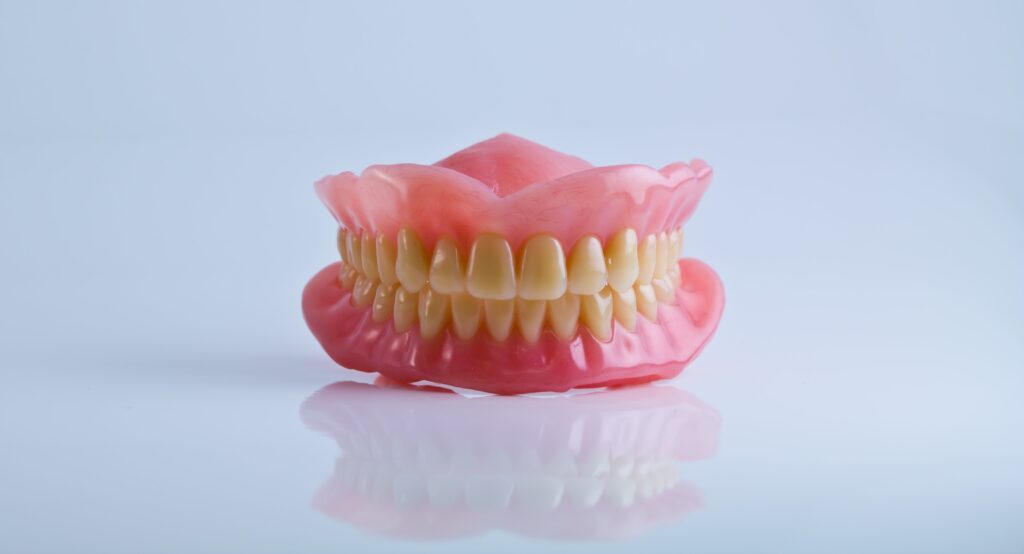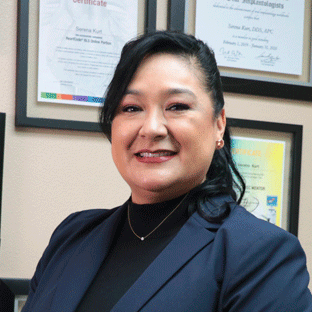Regardless of the underlying cause for missing teeth, if you’re looking for tooth replacement or to make adjustments to your mouth’s overall appearance, different treatments are available.
People often believe that losing one or more teeth is the end of the road, that there is nothing they can do about it. However, teeth are designed to work together to help you speak, chew, eat, and smile.
So, when teeth are missing, it is hard to do these things. The average adult between the ages of 20 and 65 has three or more decayed, damaged, or missing teeth, and even the loss of a back tooth may cause the mouth to shift position and make your face look older.
Replacement teeth should last many years at a time, so it is fundamental to pick the appropriate procedure for you. The best alternative to choose will depend on your needs and also your budget. The following are five alternatives that your dentist in San Diego may recommend replacing one or more missing teeth.
1- Dental Implants in San Diego
Many patients choose dental implants for tooth replacement, multiple teeth, or support a full set of dentures. Dental implants are posts that are surgically placed in the lower and upper jaw, where they function as a sturdy anchor for replacement teeth.
Implants are made of titanium (a strong, lightweight metal) and other biocompatible materials accepted by the human body. There are many different types of dental implants. The procedure can take only one day, or it can take months, or somewhere in between.
There are three general phases of dental implant surgeries:
Placement of the dental implant
The dental specialist surgically places the implant into the jawbone. There may be some tenderness and swelling after the procedure. But don’t worry, everything will be okay since dentists usually prescribe medications to help cope with the pain and ease the discomfort. The dentist may suggest a diet of soft foods during the healing process.
The Healing Process After Placing Implants
What makes dental implants so strong is that the bone grows around it, holding them in place. This process will take some time to be complete, and some patients might need to wait until you heal before replacement teeth can be attached to the implant. Other patients, however, can have dental implants and replacement teeth within one single visit.
Replacing Missing Teeth (Prothesis)
A dentist in Clairemont will custom-make a dental crown, bridge, or denture to fit your mouth and implants. Once this step is done, the human-made teeth are attached to the implant posts, and voilá, you will be able to enjoy your meals and laugh with confidence!
2- All-On-Four Dental Implants
All on 4 dental implants are highly affordable alternatives to tooth replacement with a complete, fixed arch of teeth. Our Clairemont dental implants center only uses top-notch materials and the most advanced dental technology to deliver this surgery to hundreds of patients.
This option is excellent for those patients that have lost all of their teeth or most of them. And the best to do in this situation is to replace all once and for all.
Advantages
- More cost-effective than a full-set of individuals implants: fewer implants and only a single procedure
- Better than dentures because they significantly reduce the need for bone grafting since implants will stimulate natural growth
- All on 4 are more convenient and comfortable than dentures
- Minimally invasive
- It is fast – the procedure of extracting teeth, placing implants, and placing dental crowns is performed in a single visit
- Dramatically reduces the need for bone grafting
- Natural-looking
- A long-lasting solution for multiple missing teeth (if cared for properly)
All-on-4 is the result of significant advancements in dental technology and technique. The procedure allows us to restore and rehabilitate an entire arch (upper and lower) of missing teeth in a single visit.
3- Dental Bridges
Losing one or more teeth is a serious matter. Teeth are supposed to last forever, but in most cases, that doesn’t happen. Teeth are made to work together, something that we already mention early in this blog, so when we lost a tooth, the nearby teeth may tilt or drift into that space.
This can potentially affect your bite and place more stress on the neighboring teeth and jaw joints, possibly causing you pain and damage.
Now, what is a dental bridge? Well, this tooth replacement means that a dentist will use existing natural teeth on both sides of your missing tooth to help hold your bridge in place. Placing a dental bridge usually takes more than one visit.
Why do I need a bridge?
We were now talking about the consequences of no replacing a missing tooth, so a bridge is one alternative to address the problem. Some advantages of dental bridges are:
- It will restore your smile
- Dental bridges help restore the ability to chew properly
- Will correct your speech and pronunciation
- A bridge helps to keep the shape of your face
- Your bite will be adjusted to distribute the force when you chew properly
- Bridges prevent your remaining teeth from shifting out of the correct position
Dental specialists see bridges as a less effective solution compared with implants. A bridge may need to be replaced every 5 or 7 years, depending on proper care, while implants are considered a permanent solution.
4- Complete Dentures
A partial or complete denture is a removable replacement. When all the teeth are missing, the solution is a complete denture, while partial dentures are used when some natural teeth remain or to replace one tooth.
Some patients prefer dentures over implants due to the prices and other different factors. However, there are always ways to get dental implants and not breaking your bank account in the process.
There are factors to take into account before choosing dentures, including:
- A full upper appliance may cover the palate and decrease your sense of taste, reducing eating enjoyment.
- Because dentures are not attached to your jaw, there is a potential risk of atrophy of the jaw bone.
- Masticatory efficiency is reduced, and as a consequence, more medications can be prescribed to treat gastrointestinal issues and stomach disorders.
- The bite force is significantly reduced.
- Food intake is impaired, so you are going to have problems to chew correctly.
Patients who have worn complete dentures for more than 15 years may have far less occlusal force. Plus, dentures usually require to be refitted (relined) or replaced periodically. Your first set of dentures will most likely need to be remade within a year. You can expect you to replace dentures every five years with relines expected in between.
5- Do Nothing About It
Doing nothing about your loss can’t be the best way to handle missing teeth. I want to put it in because this is an excellent way to address the problem for some people.
Of course, it is the best approach to wisdom molars because you don’t need to replace them. To me, doing nothing about it is not a desirable choice. Due to the lack of stimulation, jawbone density can decrease after losing one or more teeth.
If you decide to replace the gaps years later after the loss, you can have a problem in your hands. For instance, if years later, you want to place an implant, you are going to have great chances of needing a bone graft.
Think about every option and visit a dentist in Clairemont, Mesa, to receive more information. Pick the best alternative for you and your oral health!

